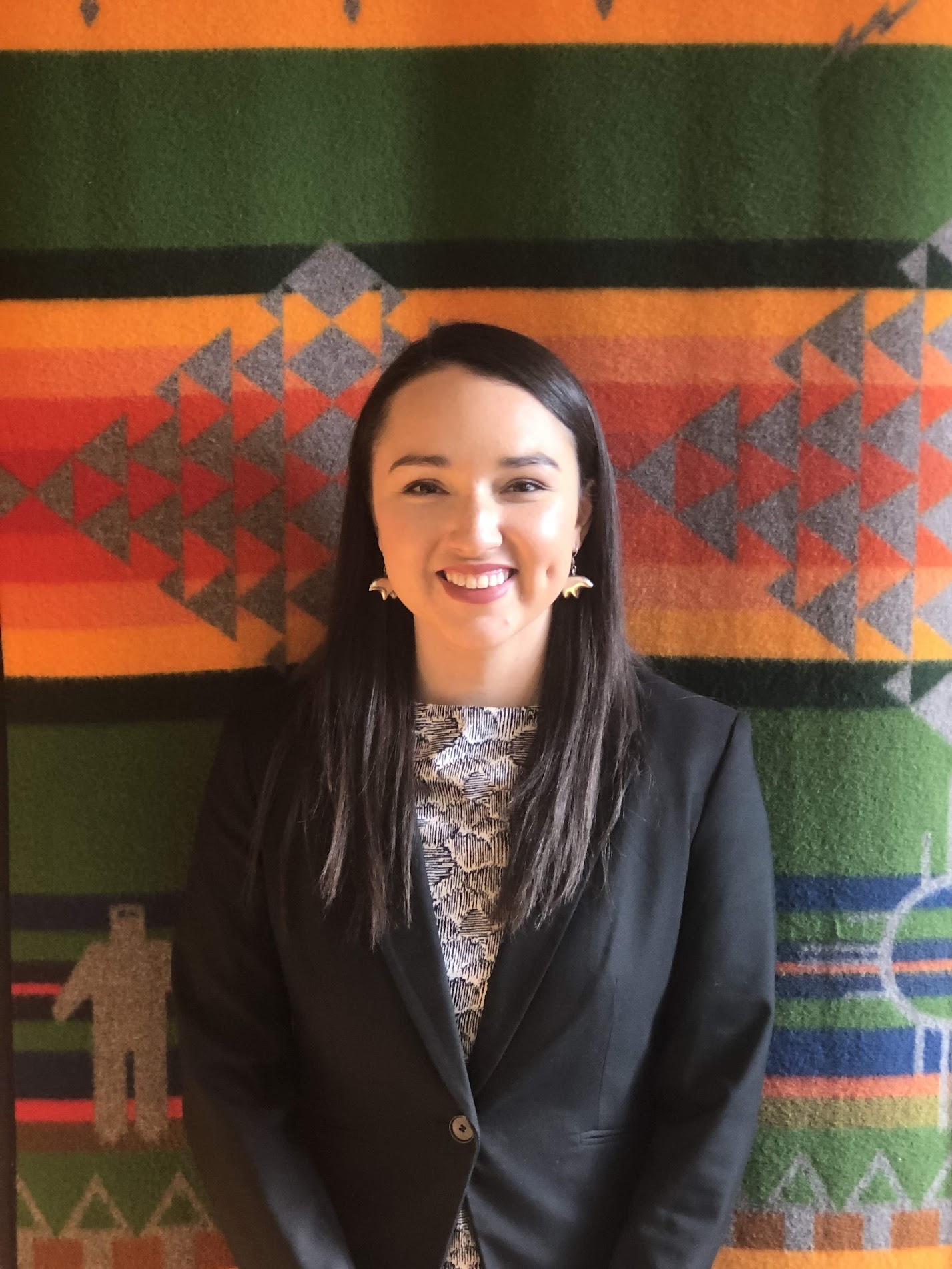PRESS RELEASE: CMS Releases Guidance to States on Medicaid Block Grants
Washington, DC (January 31, 2020) – On January 30, 2020, the Centers for Medicare and Medicaid Services (CMS) announced the Healthy Adult Opportunity Initiative (HAO), a guideline for states to convert Medicaid funding into block grants – effectively establishing a cap on federal funding on Medicaid. The letter, sent to state Medicaid directors, provides guidance for states seeking to carry out demonstration projects under section 1115 of the Social Security Act to include either an aggregate or per-capita cap financing model in their state Medicaid programs – in contrast to the current open-ended financing system that provides for unlimited (i.e. does not cap) federal matching funds for all state spending under Medicaid’s federal rules.
“NCUIH is extremely concerned with the CMS guidance that is completely against the intent of Congress. This harmful guidance paves the way to restrict Medicaid in ways that would violate the United States trust obligation to provide health care services to American Indian and Alaska Natives. Urban Indians face many barriers with chronic underfunding of the Indian health care system and we are disappointed to see yet another obstacle for Native people who need health care. By establishing a cap on spending for essential services, this proposal will have negative impacts on our urban Indian organizations (UIOs) and could result in significantly reduced services. We urge CMS to reconsider this guidance and follow the intent of Congress to ensure that Medicaid funds continue to flow into all Indian Health Care Providers, including UIOs,” said NCUIH Executive Director Francys Crevier.
By tying Medicaid spending to a set cap, states would be incentivized to limit Medicaid spending or assume risk for Medicaid costs that exceed the annual cap. In addition, if a state imposes an aggregate cap, if the state’s spending on Medicaid falls below the limit, it could receive a portion of the “savings” – or the amount below the spending cap the state’s actual expenditures were. Because services provided at UIOs are not reimbursed to the state by the federal government at 100% (the Federal Medical Assistance Percentage or FMAP), UIOs already receive lower Medicaid reimbursements than the other components of the I/T/U system. Under CMS’s guidance proposed yesterday, Medicaid spending for services provided to AI/ANs at UIOs will be included in calculating spending caps. It is essential that the Medicaid program continue to be a vital lifeline for AI/ANs.
Medicaid is a critically important resource for American Indians and Alaska Natives and Indian Health Care Providers. Imposing barriers to access to health care, like reducing Medicaid covered individuals and services would impose a significant financial burden on an already severely underfunded Indian health system. Any state plans that reduce the Medicaid funds that flow into the I/T/U system would further strain the Indian health care system.
UIOs depend on every dollar of limited federal funding, including third-party reimbursements from Medicaid, to provide high quality, culturally competent services to their AI/AN patients. Restricting these funds would violate the U.S. obligation to provide health care to AI/ANs. NCUIH calls on CMS to ensure states do not impose limitations on their Medicaid programs that would result in decreased funding available to UIOs and the I/T/U system.
NCUIH will continue to monitor updates and provide further information as it becomes available.
###

